I will hail them, my brothers of the wheel, and pitch them a yarn, of the sort that has been so successful hitherto; and they will give me a lift, of course…
Mr.Toad, Wind in the Willows
The term ‘hitchhiking’ (‘thumbing’, ‘auto-stop) originated in the 1920’s, and has the concept ever caught on. I began my own hitchhiking career in my mid-teens; I thought it was the most brilliant idea: adventure and travel – the best things in life, I reckoned – for free! What could possibly be better?
My first serious hitchhiking trip was in the summer of 1969, when I was 22. I’d arrived in Scotland by plane from Canada, and needed to get to London to meet my fiancee, Cynthia. Right in front of the airport in Prestwick I caught a ride with a tweedy chap in a Ford Prefect – all the way to in Carlisle, England, a distance of some 105 miles – a full days’s motoring in those days. What a great start to the summer!
This was the first day of a four-month ramble around Europe. From the first mile, I found the experience perfectly intoxicating. Here I was – as the old song says – ‘casting my fate to the wind’. There was a heady sense of liberty – going where I liked, enjoying the people I met, having novel experiences all day long – all for less money than staying home. From that moment on, I was sold on the road. I still am.
In the next four months Cynthia and I hitched through Belgium, Germany, Switzerland and Italy… finally stowing-away on a ferry to Greece. What fun…
Hitchhiking is an experience in ecstasy or agony, depending on how it goes. On the bright side, our experience in Switzerland was terrific.On our second day, we were picked up by an retired American gent touring the country in his own car, a snappy 1967 Valiant. Incredibly, he’d shipped it all the way from California, just for this trip.
 At the end of our first day, he dropped us a youth hostel. To our amazement, he offered to pick us up the next morning, to continue our rambling. We repeated this dream-like routine for an entire week. I’ve never forgotten his kindness to us; we did our best to be good company.
At the end of our first day, he dropped us a youth hostel. To our amazement, he offered to pick us up the next morning, to continue our rambling. We repeated this dream-like routine for an entire week. I’ve never forgotten his kindness to us; we did our best to be good company.
On the other hand, we will also never forget our misery two weeks later, trying to get out of Milan one mercilessly sunny day in July. How does standing in one spot with your thumb out for eight hours sound? Picture two bugs on a parabolic mirror; we were right off our heads by noon. The next day we freed up some cash and took a train 14 hours to Brindisi, on the heel of the boot. In those days, bottom-class Italian trains were strictly for masochists.
There are several things about hitching that appeal to the natural-born traveller.
- It gets you moving – which, after all, is the idea.
- It’s marvelously thrifty – nothing wrong with that. You can chip in for fuel if you like.
- It’s interesting to meet new people.
- You can, with any luck, participate in a stimulating conversation. In a foreign country, you can try out your language skills.
- Five has to do with the love of adventure. It’s what everyone warns you about – the risks of the road: accidents, robbery, violence… being dropped off in an bad spot. For the keen hitchhiker, these risks actually add a strange appeal to the experience – rather like a mountain climber who gets a thrill of dread at the prospect of falling to his death. Crazy maybe – but true.
I remember one edgy incident we had in Italy. Our lunatic driver was in a great rush and “floored-it” trying to beat a train to an unguarded level crossing. Cynthia and I were terrified. I though fleetingly of stabbing him in his ‘accelerator leg’ with my new German switchblade. With his – and the train’s – horns blaring at each other, we fairly flew over the tracks. We averted annihilation by two seconds, I reckon.
For the driver (“the hitchhikee”), it’s a different experience altogether. I’ve picked up hitchers all my driving life; I’ve met many fascinating people that way, and have had absolutely no trouble with any of them. I guess I should add, “so far”.
The motive of the driver is usually altruistic. Picking up a stranger has been called an “oft-repeated act of practical friendly co-operation between human beings”.

It’s a studied act of kindness – helping another soul along the road of life, you might say. And who can’t feel for the poor creature – footsore, tired, exposed to the elements – asking a small favour?
Probably the most unlikely hitchhiker I ever picked up was in rural Nova Scotia. He was a Japan Airlines 747 pilot who loved to spend his vacations hitching around North America. He was a perfect gent, full of cheery road-lore. The experience certainly made my day. I do hope he’s still hitching.
What follows is supposedly true. There is, however, such hyperbole in the hitchhiker’s tale that the Guiness Book of World Records no longer tracks these feats. Witnesses, they say, are “thin on the ground”.
• Russian Alexey Vorov of St. Petersberg, is King of the Hitchers in my books; he has hitched farther than anyone else: between 1977 and 2015 he covered 2,000,000 km – equivalent to 50 times around the world, restless fellow. He also claims the record for the shortest time around the world – 20 days. I’ll try to snag him next time around.
• The greatest distance covered in 24 hours: 2777 Km, from Miami to Chicago, by Czeck Pavel Trcala, in 1998. It took only 5 lifts; his average speed was a remarkable 116 km/hr.
• German motorist, Dieter Wesch, has picked up 9528 hitchhikers at last count, each of whom signed his guest book – a lovely idea! This proves picking up hitchhikers can’t be all that risky.
As you see, I love the idea of hitchhiking – having experienced it richly from both sides. It’s a metaphor for life itself, involving elements of planning, resourcefulness, nerve, give-and-take, and learning. But most of all – it’s enormous fun. Do give it a try, on one side or the other – or, better still, both.

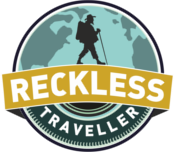
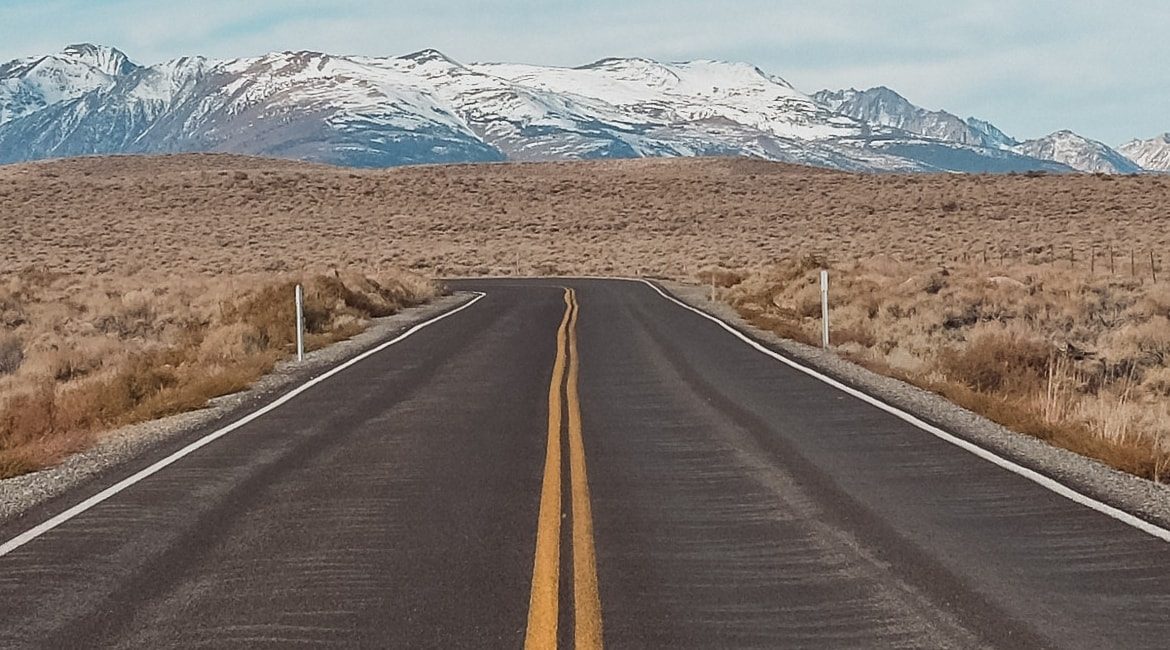
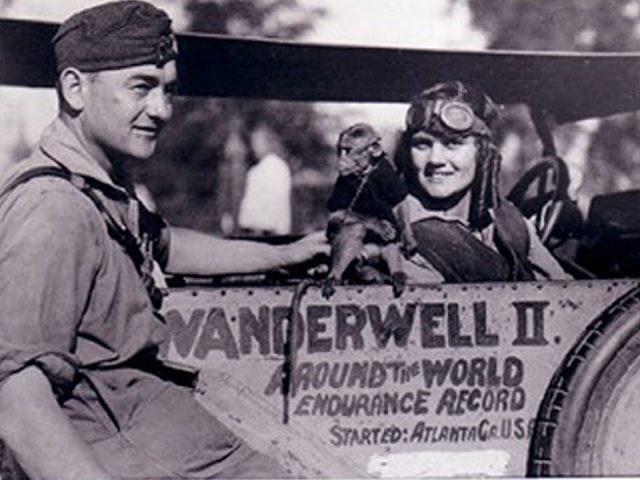
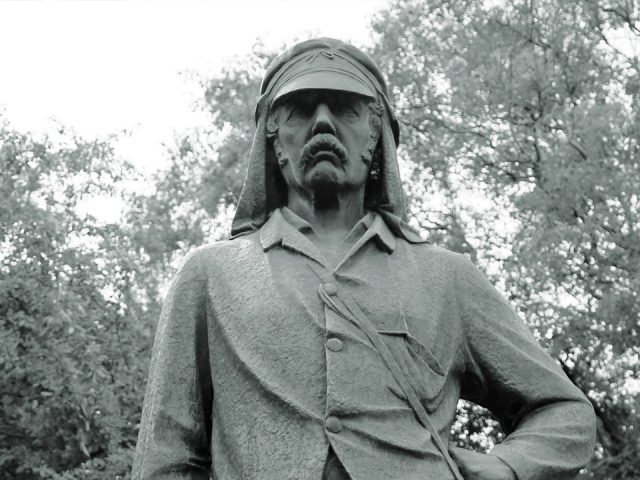
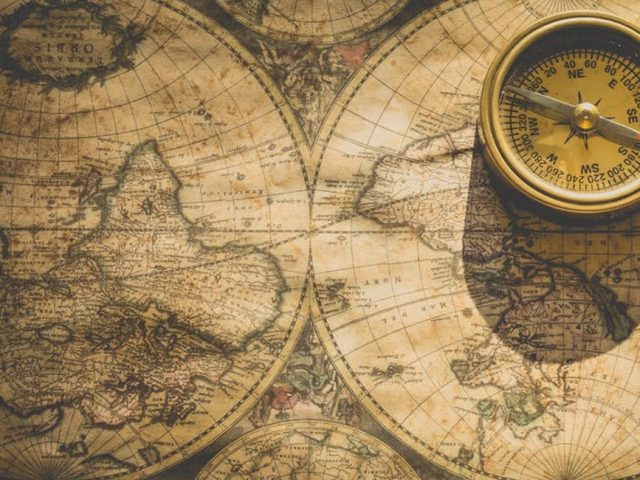
Facebook Comments